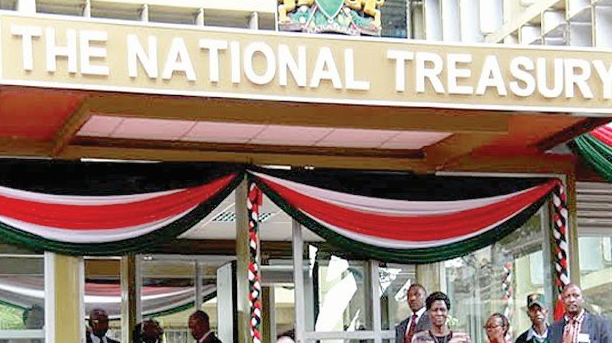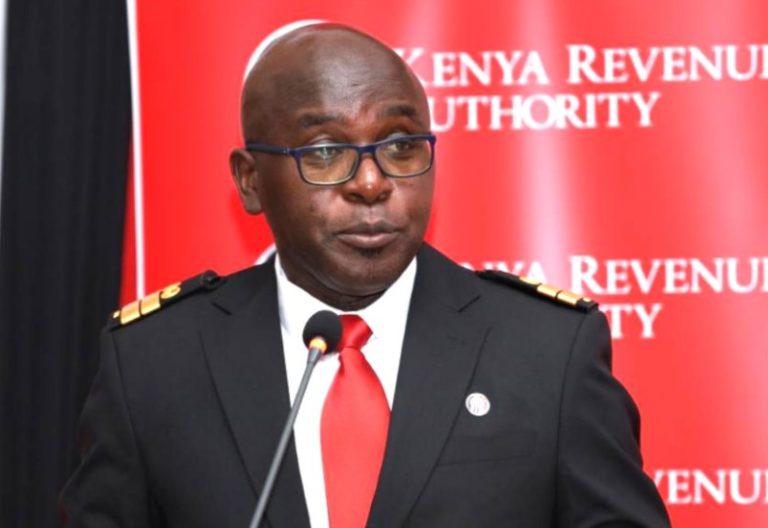New law gives State flexibility to surpass the debt threshold

President William Ruto’s assent to the Public Finance Management (Amendment) Bill means that the government will now have the flexibility to surpass the debt threshold by up to 5 per cent during challenging economic circumstances.
These exceptional situations may encompass negative economic events, natural disasters, or extreme political events, leading to abrupt changes in exchange rates and domestic interest rates, thereby affecting debt levels and repayment.
The bill, which is referred to as “the debt-anchor Bill,” introduces a new borrowing threshold of 55 percent of the Gross Domestic Product (GDP) in present value terms, replacing the previous numerical debt ceiling, which was Sh10 trillion.
The intention behind this change is to enable the government to handle its existing debt while safeguarding economic growth. The Bill also mandates the Cabinet Secretary for National Treasury to implement measures ensuring that, within five years of the Bill’s enactment, public debt is reduced to sustainable levels consistent with the defined debt threshold.
Reads the bill: “The Bill gives the government some flexibility by providing that the National Government may exceed the 55 per cent threshold by not more than five per cent in times of extreme or exceptional economic circumstances.”
“This provision will protect the country from sudden reduction of critical social spending in the areas of health, education, food security and poverty reduction, and equally protect infrastructure spending to ensure Kenya’s long-term development and economic prospects are preserved.”
The new law was first passed by the National Assembly, and later by the Senate, but amendments introduces an alternative way of assessing whether the country is taking excessive amounts of debt by seeking to replace the current numerical debt ceiling with a percentage of debt to the total national income (GDP), technically known as the debt threshold or debt anchor.
Mediation committee
The amendments made by the Senate were rejected by the National Assembly, and the Bill was accordingly referred to a mediation committee. The mediated version of the Bill was considered and passed by the two Houses of Parliament on 12th October, 2023.
The Bill which was sponsored by the Leader of the Majority Party, Hon. Kimani Ichung’wah, provides a definition of public debt by including the principal, interest payments and all financial obligations attendant to the issuing of loans by the Government.
Ichung’wah noted that the Bill paves the way for the Government to manage its current debt amounts without hurting growth. This aligns public debt to the provisions of the Constitution, especially Article 214.
This move is geared towards protecting the country from sudden reduction of critical social spending, food security and poverty reduction.
The new law seeks to protect infrastructure spending to ensure Kenya’s long-term development and economic prospects are preserved.
It will also strengthen the definition of public debt, provides a better framework for public debt repayment as per Article 214 of the Constitution, and seeks to ensure Kenya’s.












